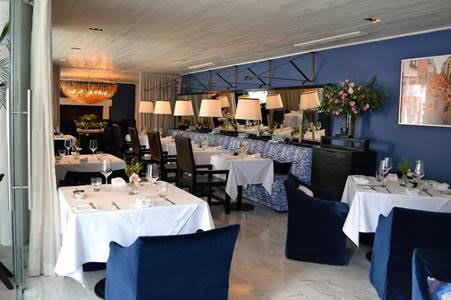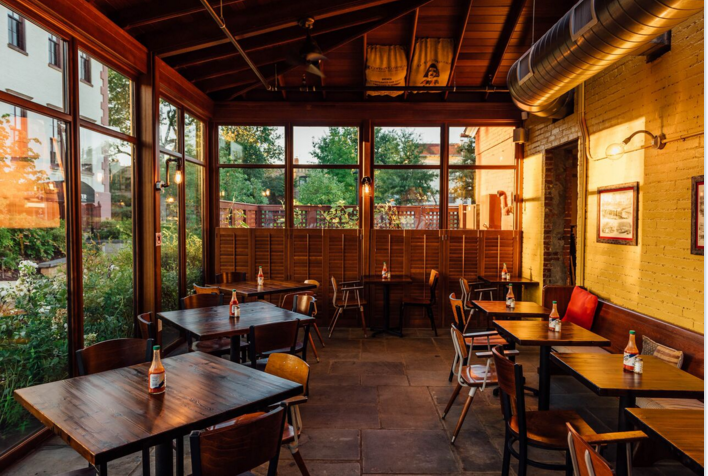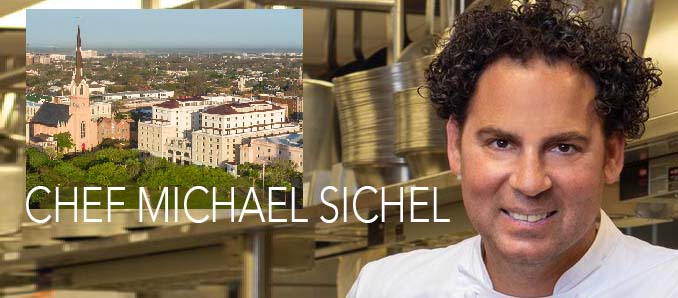Chicago’s culinary landscape is about to get a major upgrade. As the highly anticipated Kama West Loop prepares for its September 25 opening, the modern Indian restaurant has announced a culinary dream team that’s already generating buzz throughout the food and beverage industry. Leading the charge is Executive Chef Esteban Nuñez, a Colombian-Italian culinary artist whose global perspective and Michelin-starred experience promises to redefine how Chicagoans think about Indian cuisine.
This isn’t just another restaurant opening: it’s a strategic move that showcases how today’s most innovative food and beverage companies are breaking traditional boundaries to create truly unique dining experiences.
A Global Chef with Michelin Pedigree Takes the Helm
Executive Chef Esteban Nuñez brings nearly a decade of world-class culinary experience to Kama’s West Loop location. His impressive resume reads like a who’s who of Chicago’s most celebrated kitchens, including stints at the legendary Michelin-starred Alinea, Ever, and Roister. But it’s not just his technical prowess that makes Nuñez the perfect fit for Kama’s vision: it’s his unique cultural perspective.
Growing up between Colombia and Europe before receiving formal training in Italy, Nuñez embodies the kind of global culinary fusion that today’s diners crave. His ingredient-driven and technique-focused approach reflects both his formal European training and his deep appreciation for diverse flavor profiles.
“We’re presenting Indian cuisine through a global lens,” explains Chef Nuñez. “The goal is to explore its complexity while applying a modern, personal perspective.”
This philosophy aligns perfectly with current food and beverage trends, where authenticity meets innovation. Industry data shows that 73% of consumers are actively seeking restaurants that offer familiar cuisines with unexpected twists, making Nuñez’s approach particularly timely for the Chicago market.
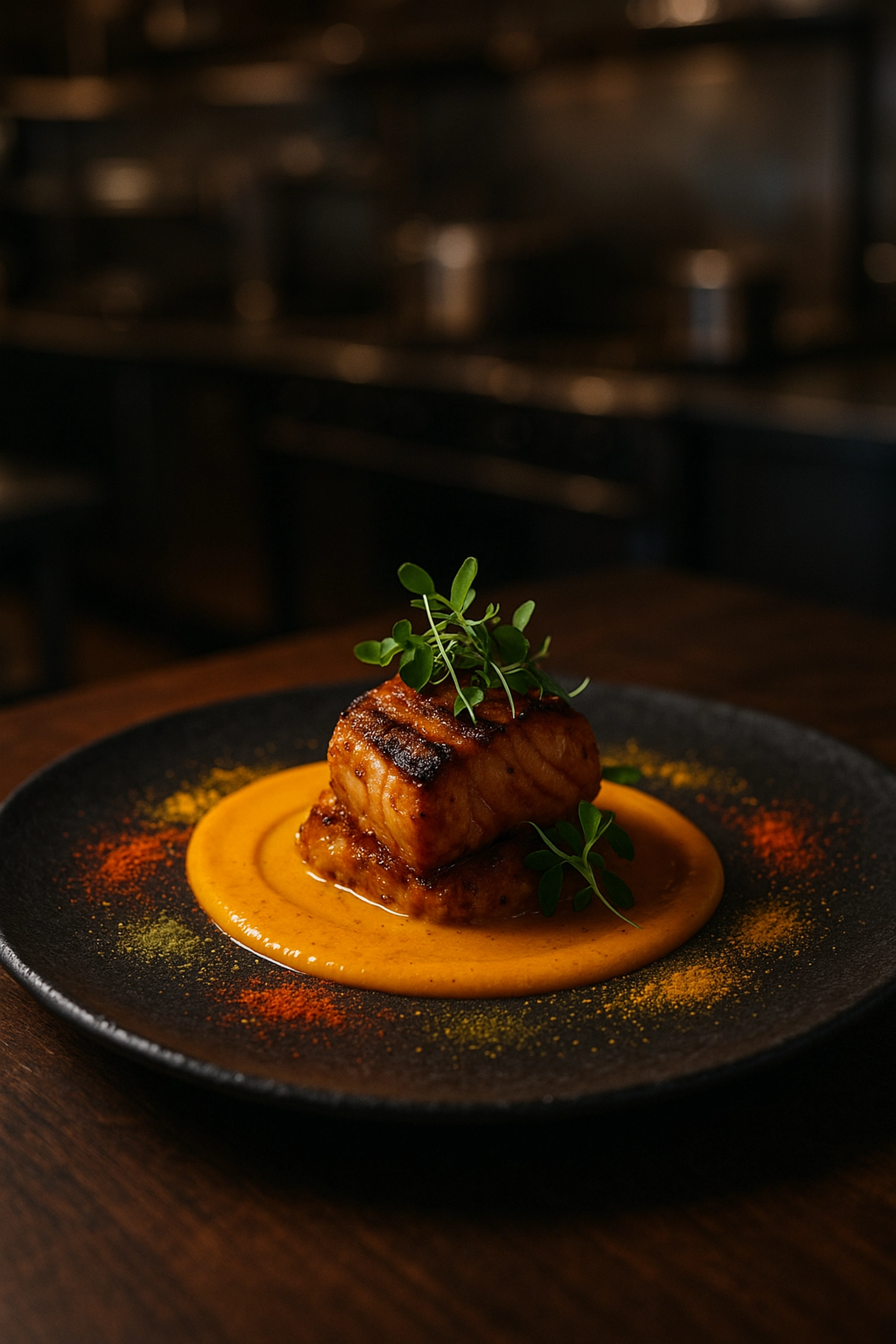
The Supporting Star: Chef Yashwin Sardana’s Indian Cuisine Expertise

No culinary revolution happens in isolation, and Chef Nuñez is supported by an equally impressive talent: Chef Yashwin Sardana. Sardana’s credentials in the Indian cuisine space are nothing short of extraordinary. His resume includes trailblazing Indian restaurants such as Gaggan in Bangkok: consistently ranked among Asia’s 50 Best Restaurants: Baar Baar in New York City, and most recently, Indienne in Chicago, where he helped the restaurant earn a Michelin star within its first year of operation.
Trained at both the prestigious Oberoi Centre of Learning and Development in New Delhi and Kendall College in Chicago, Chef Sardana brings the perfect combination of cultural authenticity and modern American culinary training. This dual perspective is invaluable in today’s food service industry, where successful menu innovation requires both deep cultural understanding and contemporary execution.
The partnership between Nuñez and Sardana represents a growing trend in the hospitality industry: the strategic pairing of international culinary perspectives to create truly unique dining experiences. This approach has proven successful across numerous restaurant concepts and is particularly effective in markets like Chicago, where sophisticated diners appreciate both authenticity and innovation.
Redefining Indian Cuisine for Modern Diners
Under Chef Nuñez’s leadership, Kama West Loop will offer a contemporary menu that celebrates the depth and diversity of Indian flavors through a refined international lens. This approach speaks directly to current food and beverage trends, where consumers are increasingly interested in global cuisines that have been thoughtfully adapted for local tastes and dietary preferences.
The culinary philosophy at Kama West Loop blends respect for tradition with bold reinvention, operating on the belief that every dish should tell a unique story. This storytelling aspect of menu development has become increasingly important in the restaurant marketing landscape, where diners seek not just great food, but meaningful culinary experiences.
What makes this concept particularly exciting for food and beverage management professionals is how it demonstrates successful cultural fusion without cultural appropriation. By bringing together a Colombian-Italian chef with deep training in modern American techniques and an Indian chef with both traditional and contemporary expertise, Kama creates an authentic collaborative approach that respects all cultural influences.

The Kama Brand: A Case Study in Modern Indian Hospitality
The Kama restaurant group, co-founded by Vikram and Agnes Singh, has been quietly building a reputation as one of Chicago’s most innovative Indian restaurant concepts. With existing locations in La Grange and Wicker Park, the brand has successfully established itself by combining traditional Indian flavors with global influences in contemporary, inviting atmospheres.
What sets Kama apart in the competitive food and beverage industry is their comprehensive approach to hospitality. The beverage program features handcrafted cocktails infused with Indian spices and house-made syrups, demonstrating how successful food and beverage companies must excel across all aspects of the dining experience, not just food.
For food and beverage directors and hospitality managers, Kama’s expansion strategy offers valuable insights. Rather than rapid scaling, they’ve focused on building strong foundations in each market before expanding. The West Loop location represents their most ambitious project yet, targeting Chicago’s most competitive dining district with a concept that requires sophisticated execution across every touchpoint.
Strategic Location and Market Positioning
The choice of the West Loop for Kama’s third location is strategically brilliant. This neighborhood has become Chicago’s restaurant row, attracting both adventurous locals and visiting food enthusiasts. For food and beverage companies, location selection can make or break a concept, and Kama’s positioning demonstrates sophisticated market analysis.
The West Loop’s demographic profile: high-income professionals, culinary adventurers, and business diners: aligns perfectly with Kama’s elevated approach to Indian cuisine. This market segment, according to recent hospitality industry research, spends 40% more on dining experiences that offer both quality and uniqueness.
Opening Day and Beyond: What Industry Professionals Should Watch
Kama West Loop opens to the public on Wednesday, September 25, 2025, with reservations now available at kamabistro.com. For those following food and beverage industry trends, this opening represents several important developments worth monitoring:
Menu Innovation Strategy: How successfully will the Nuñez-Sardana partnership translate their combined expertise into dishes that resonate with Chicago diners? The success or failure of this approach could influence how other food and beverage companies approach cultural fusion concepts.
Staffing and Training: The integration of two different culinary backgrounds requires sophisticated staff training and kitchen management. The execution here could provide valuable insights for other hospitality managers facing similar challenges.
Market Reception: Chicago’s response to this globally-influenced Indian concept will offer important data points for other food and beverage companies considering similar approaches in competitive markets.
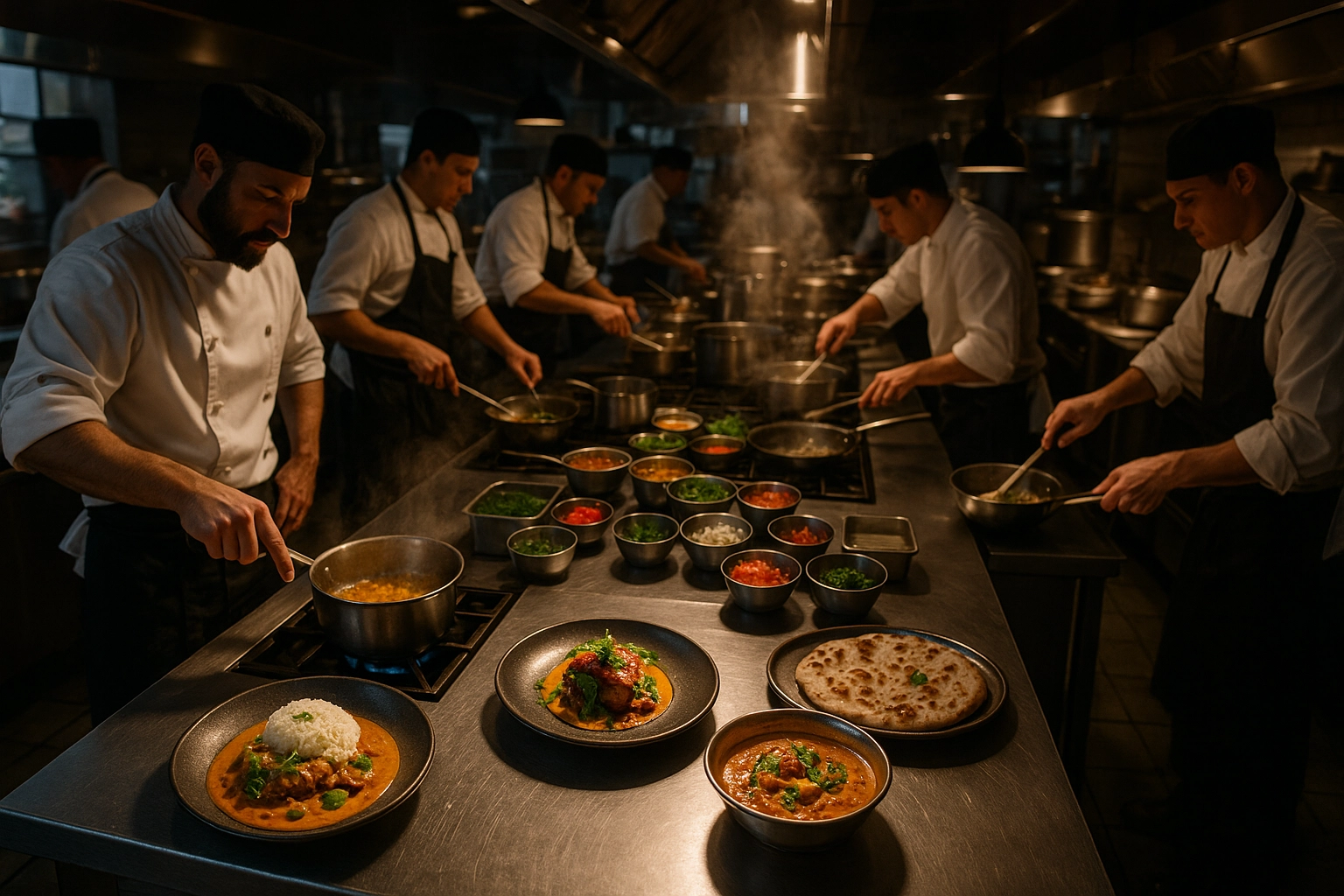
Industry Implications and Future Trends
The Kama West Loop opening reflects several broader trends reshaping the food and beverage industry. First, the increasing sophistication of American diners’ palates is creating opportunities for more complex and nuanced ethnic cuisines. Second, the most successful restaurant concepts are those that combine authenticity with innovation, respecting cultural traditions while making them accessible to diverse audiences.
For procurement directors and institutional buyers, concepts like Kama also represent evolving supply chain considerations. The integration of global flavors requires relationships with specialized suppliers and often more complex inventory management. Understanding these operational complexities is crucial for food service industry professionals.
The collaboration between chefs from different cultural backgrounds also reflects the increasingly global nature of culinary careers. Today’s most successful food and beverage managers must be prepared to work with diverse teams and navigate complex cultural considerations in menu development and kitchen management.
As the September 25 opening approaches, Kama West Loop promises to be more than just another restaurant debut: it’s a showcase of how thoughtful cultural collaboration and culinary expertise can create something entirely new. For Chicago diners, it represents an exciting new dining option. For food and beverage industry professionals, it offers valuable insights into successful concept development, cultural fusion, and market positioning in competitive urban markets.
Follow @kamachicago and @kamabistro on Instagram for updates, and visit kamabistro.com to make reservations for what promises to be one of fall’s most significant restaurant openings.
Written by Michael Politz, Author of Guide to Restaurant Success: The Proven Process for Starting Any Restaurant Business From Scratch to Success (ISBN: 978-1-119-66896-1), Founder of Food & Beverage Magazine, the leading online magazine and resource in the industry. Designer of the Bluetooth logo and recognized in Entrepreneur Magazine’s “Top 40 Under 40” for founding American Wholesale Floral. Politz is also the founder of the Proof Awards and the CPG Awards and a partner in numerous consumer brands across the food and beverage sector.




